
From a glance, I understand that oat milk might see like a great healthy option, so I wanted to provide some insight as to why I actually think it’s important to avoid drinking oat milk. When visiting Europe, we found it to be more popular in Europe over almond milk whenever we went to coffee shops. It may be plant-based, dairy-free and a great option for those who are lactose-intolerant or allergic to milk, but personally, I don’t drink oat milk and I wanted to share why as a dietitian and nutritionist. As always, I think it’s so important to understand exactly what you’re consuming and the possible effects it has on your body and for that reason, I’m sharing my three reasons for avoiding oat milk below.
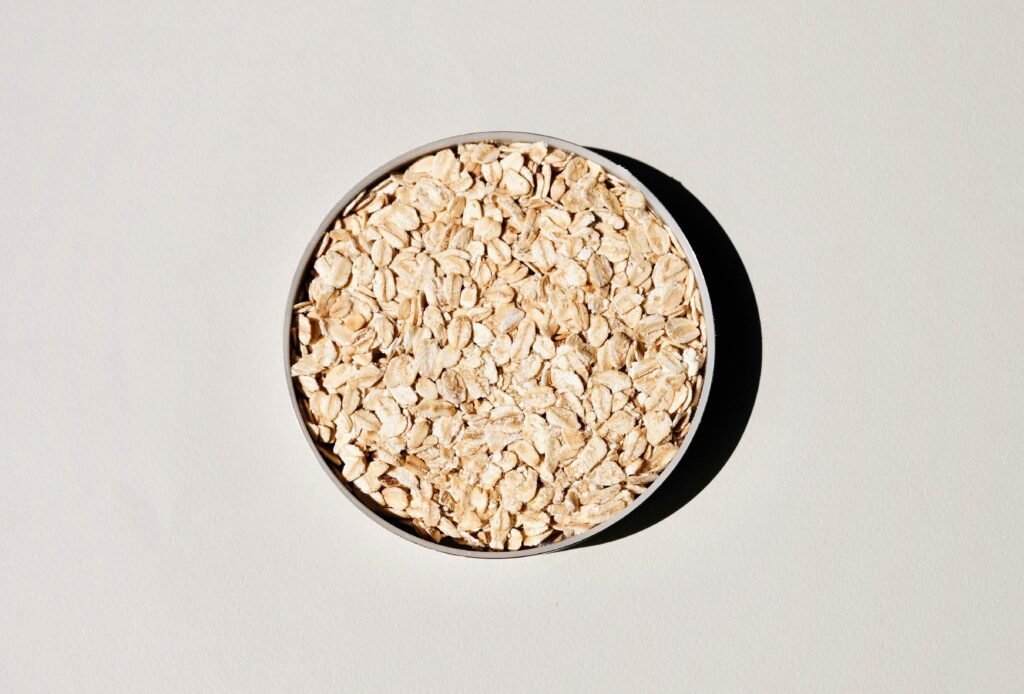
Why I Avoid Oat Milk as a Registered Dietitian :
- Oat milk is typically made with vegetable oils like rapeseed, canola and sunflower oils, which cause inflammation in the body. Adding fats like this is known to increase the texture, but I like to avoid inflammatory oils as often as possible (I wrote more about this here). Here are a handful of brands that include added oils: Oatly, Silk, Chobani, Califia Barista Blend, Rise Brewing
- The process that turns oats into oat milk includes enzymes that break down the oats, turning them into maltose, a high-glycemic sugar that’s responsible for the sweet taste. High-glycemic foods can cause increased blood sugar levels and it’s something we should be on the lookout with our favorite food & drinks. A way to alleviate the rapid increase in blood sugar would be to combine the oat milk with nutrient-dense foods that are rich in protein, healthy fats, and/or fiber. You know I’m a big advocate for keeping added sugars to a minimum in our diets, so if you have the option, I’d recommend an alternative milk that’s higher in protein, like almond or cashew (making them from home helps increase their protein content, too!).
- Oats are widely sprayed with glyphosate, a heavily-used chemical and weed killer, otherwise known as Roundup. Glyphosate is carcinogenic, meaning it’s a cancer-causing pesticide, it disrupts your microbiome, and will be banned in the EU after December 15, 2022. Unless you know you’re consuming organic oats (far less exposure to glyphosate), this is something to keep in mind when you’re grocery shopping / ordering a coffee.
Long Term Affects of Seed Oils & Glyphosate
What really concerns me are the potential long-term health implications that we’re only beginning to understand. Some research suggests that chronic glyphosate exposure might disrupt our gut microbiome—the delicate ecosystem of bacteria that’s crucial for everything from immune function to mental health. There’s also emerging evidence linking glyphosate to endocrine disruption, which could affect hormone balance over time. While the research is still developing, I’ve seen studies suggesting potential connections to inflammatory conditions and even concerns about its classification as a probable carcinogen by the International Agency for Research on Cancer.
The combination of glyphosate residues and inflammatory seed oils in my daily coffee routine? That’s a hard pass for me. There are so many other plant milk options out there—from organic coconut milk to homemade almond milk—that I don’t feel like I’m missing out. Sometimes the most popular choice isn’t necessarily the best choice for our bodies, especially when we’re thinking about the cumulative effects of what we consume day after day, year after year.
That being said, there is one brand I *do* recommend if you’re going to consume oat milk and it’s called MALK (made with organic oats). I’m lactose intolerant, so the dairy-free milks I like to stick to instead of oat are almond, coconut and cashew milks. Click here for the recipe to my Homemade Cashew Milk 🙂
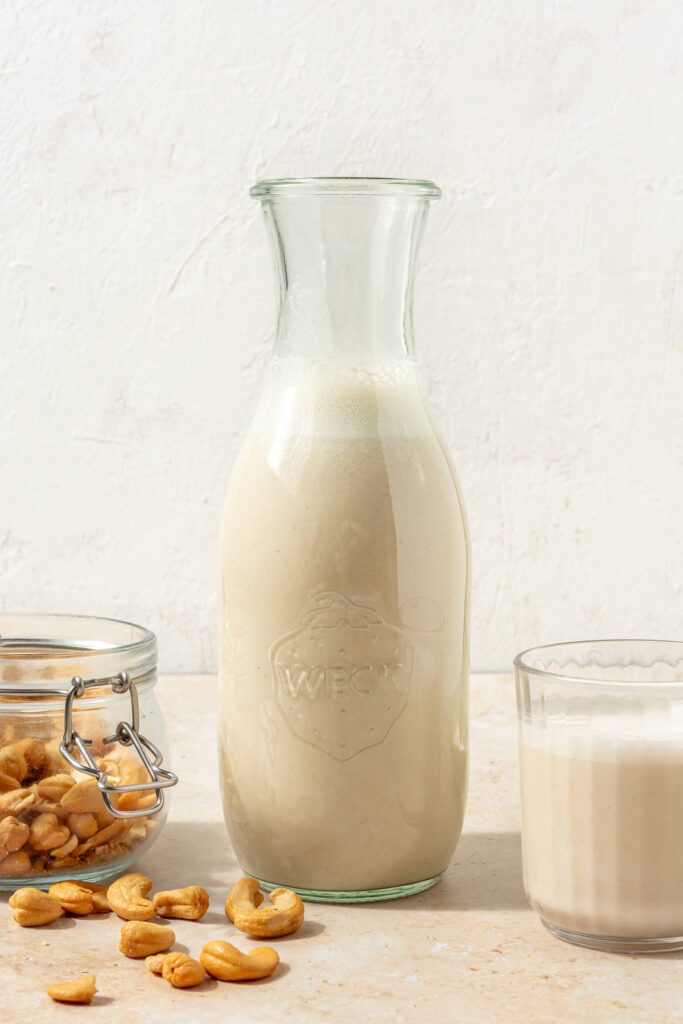




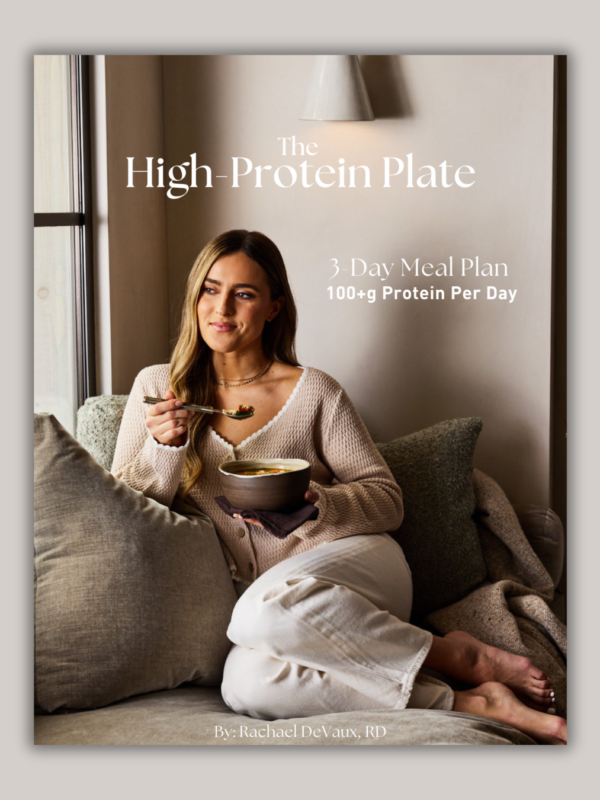









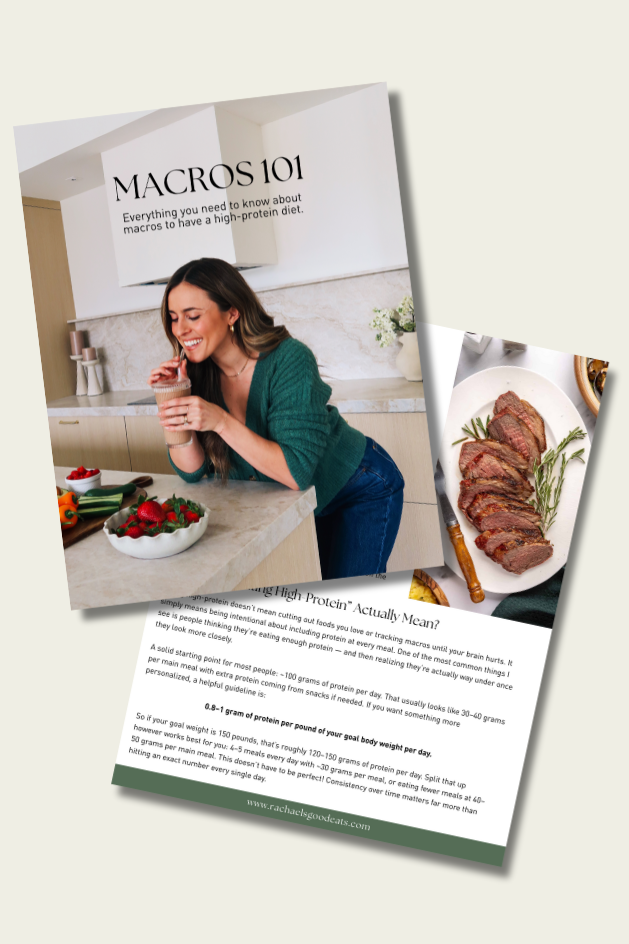
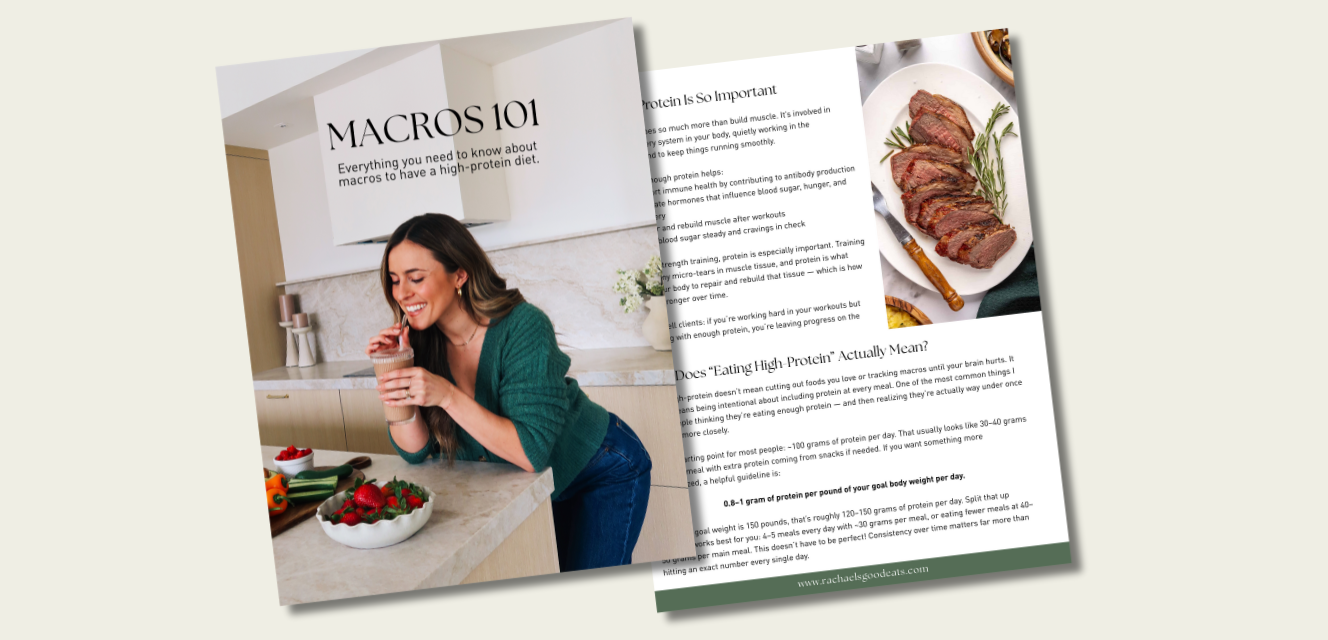
What do you think of Flax milk?
What do you think of this new Oat Milk that is Organic called Oatsome. It comes in Regular and Chocolate and tastes absolutely heavenly.
You said you stick to almond or cashew.. I am highly allergic to tree nuts and coconuts so if oat milk isn’t a great option and I cant have tree nuts what is another choice for me?
A lot of the issues highlighted in the article can be mitigated by making it at home, I just made my second batch today and it’s super easy. If you have oats, water, a blender, and a fine mesh strainer/cheesecloth you can combine 4 cups of water per 1 cup of oats and blend for 30-45 seconds on high. Add salt/cinnamon/vanilla or whatever flavour you want it to be, strain out the solid bits, and keep in the fridge for about 5 days (it’ll smell weird when it goes bad).
Almond mail is highly inflammatory because of the amount of Omega 6…..I think oat is more healthful if you can find an organic brand! Gosh, so few options for us who are dairy intolerant!
What about Elmhurst? The label makes it look so clean
Unfortunately, Elmhurst doesn’t use organic oats so I wouldn’t personally choose it. xx Rachael
This was so well-written! Thanks for the insight Rachael!
I’ve really been enjoying Joi powdered oat milk lately—It contains one ingredient: Organic oats. It can be a little chunky if you don’t have a good frother or blender, but I much prefer that to all the additives in other plant based milks.
I made the switch from almond to oats because of the much lower rate of water consumption to produce it. And bonus, their packaging is compostable (unlike liquid plant-based milk cartons that most recycling facilities can’t process).
Curious if you’ve heard of this brand/product and what you think!
This was incredibly helpful information to know! Thank you for sharing, Rachael 🙂
You should read some more about cold pressed rapeseed oil… not too bad and its not like canola oil. There is also alternative from Oatly without rapeseed oil as well.
The production of nut milks are actually really harmful to our environment. It requires a lot of water use, which is a huge problem for places like California where 80% of the worlds almonds are grown, just as an example. Cashews are the roughy the same, requiring just 12% less water than almonds. Look it up, pretty interesting (and important). I work very heavily in the sustainability field, specifically focusing on net zeros efforts regionally
This is the reason I stick to oat milk! Super important to me too. Glad to know there are organic oat milk options that are healthy and sustainable.
Totally agree! Its the reason I switched to oat milk as well. Plus, if you choose to make it yourself, you eliminate a lot of the issues above.
I wanted to let you know about a company called Elmhurst milks. Organic oats with hardly any additives at all. They make the best tasting oat milk and they send it to your home. Thanks.
Almond milk is high in oxylates…. Oat is better…. Especially if you are histamine intolerant….and you are dairy free
Agreed. Water is our most precious commodity!